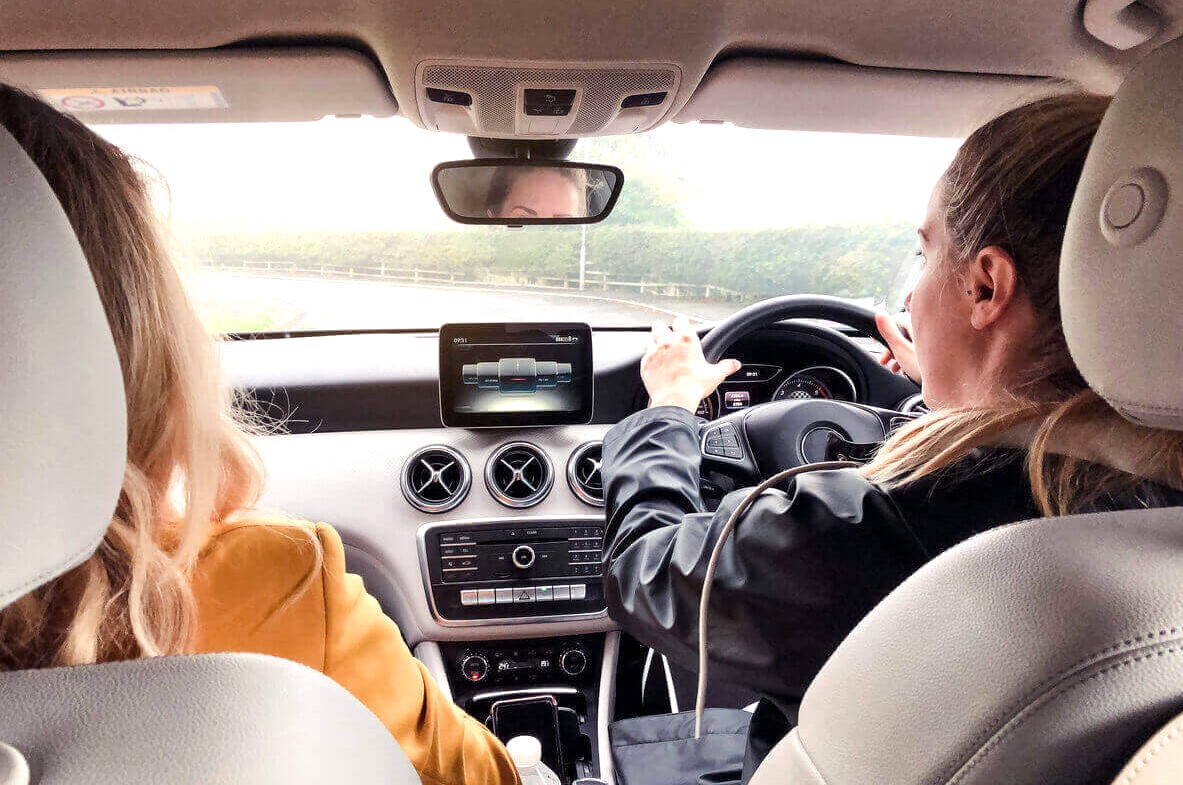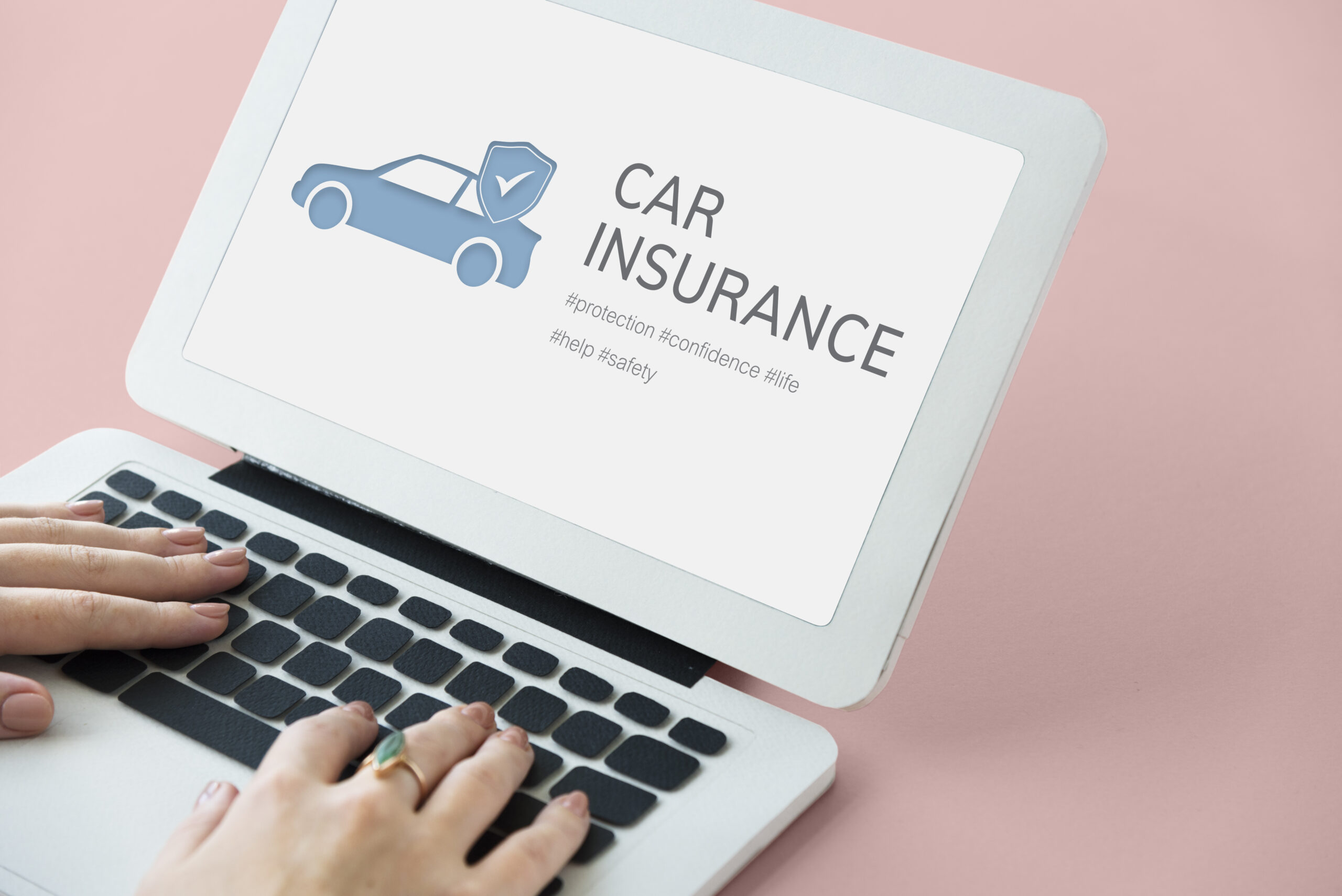
Driving for Uber can be a great way to earn extra income or even build a full-time business. But one crucial aspect that every Uber driver must take seriously is car insurance. Unlike personal car insurance, rideshare driving requires special coverage to protect you, your passengers, and your vehicle — while also meeting legal and Uber’s requirements.
If you’re wondering what kind of insurance you need, how it works, and how to find affordable plans, this guide will help you navigate the world of car insurance for Uber drivers.
💡 Why Uber Drivers Need Specialized Car Insurance
Most personal auto insurance policies do not cover rideshare driving because it’s considered a commercial use of your vehicle. That means if you have an accident while driving for Uber, your personal insurance may deny the claim, leaving you financially vulnerable.
Uber provides some insurance coverage, but it often only kicks in under certain conditions and may not cover everything. Here’s the breakdown:
- Period 1: App off (personal use): Your personal auto insurance covers you.
- Period 2: App on, no passenger yet: Uber provides limited liability coverage, but it may not cover collision or comprehensive damages.
- Period 3: Passenger in the car: Uber’s commercial insurance covers liability, collision, and comprehensive, usually with a deductible.
Because of these gaps and conditions, many Uber drivers need rideshare insurance or commercial policies designed specifically for this work.
🛡️ Types of Insurance Coverage Uber Drivers Should Consider
1. Personal Auto Insurance
Required by law for all drivers, but generally excludes rideshare activity. Check your policy for exclusions.
2. Rideshare Insurance
This is an add-on to your personal policy that covers the gap between personal and commercial use. It activates when you’re logged into the Uber app but haven’t picked up a passenger yet.
3. Commercial Auto Insurance
The most comprehensive option, designed for drivers who earn significant income from ridesharing or drive professionally full-time. It covers all rideshare-related activities.
4. Uber’s Insurance
Uber offers insurance for drivers, but coverage varies by state and by whether you have a passenger. It usually includes:
- Liability coverage
- Uninsured/underinsured motorist coverage
- Collision and comprehensive coverage with a deductible
🔍 How to Find the Right Car Insurance for Uber Driving
1. Review Your Personal Auto Policy
Check if your current insurer offers rideshare coverage or if your policy excludes commercial use.
2. Shop for Rideshare Insurance
Many companies offer rideshare endorsements or separate rideshare policies:
- Progressive
- State Farm
- Geico
- Allstate
3. Consider Commercial Insurance If You Drive Full-Time
Commercial insurance can be more expensive but provides peace of mind with broader coverage.
4. Compare Quotes
Rates vary, so use online tools or talk to agents who specialize in rideshare insurance.
5. Understand Your State’s Requirements
Insurance regulations for rideshare drivers vary by state, so make sure you comply with local laws.
💰 Tips for Saving Money on Uber Driver Insurance
- Maintain a clean driving record: Avoid accidents and tickets.
- Bundle policies: Combine rideshare insurance with home or other insurance for discounts.
- Take defensive driving courses: Some insurers offer discounts for completed courses.
- Choose a fuel-efficient, safe vehicle: Insurance is often cheaper on safer cars.
- Drive less during risky hours: Insurance rates can be higher if you frequently drive late at night.
📋 Final Thoughts
Car insurance for Uber drivers is more complex than standard policies but absolutely essential. Understanding the coverage gaps and securing the right rideshare or commercial insurance keeps you protected, compliant, and ready to focus on your driving.


